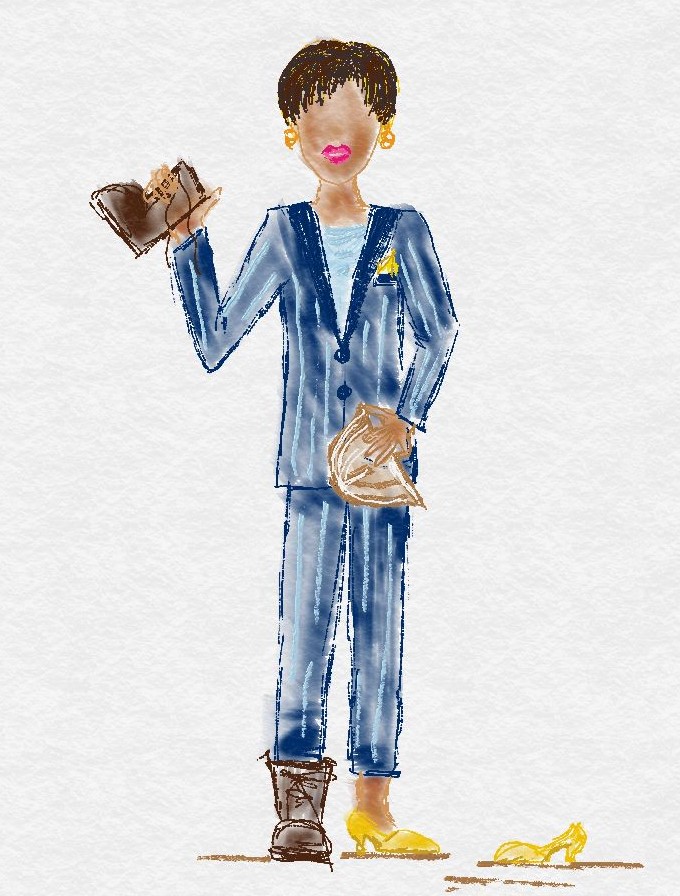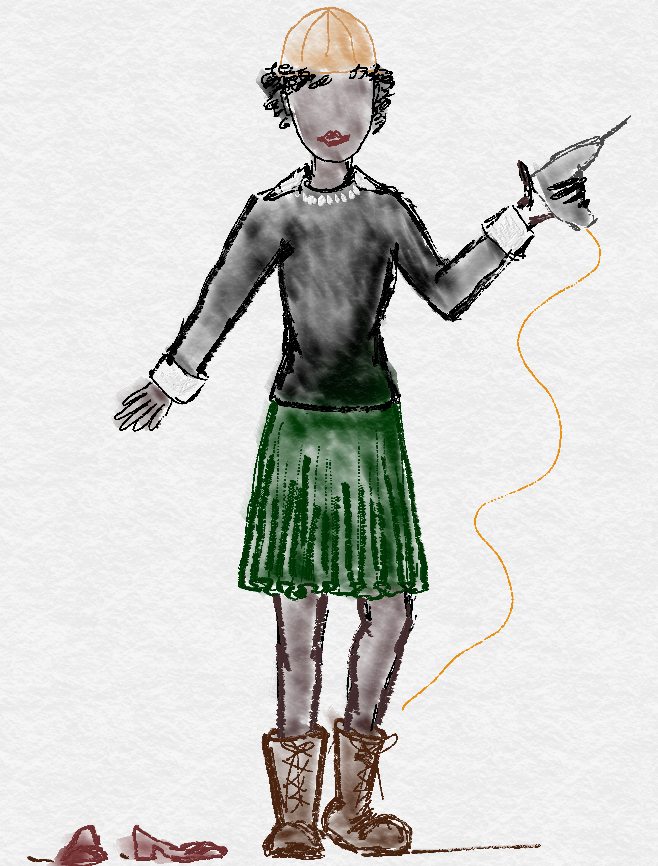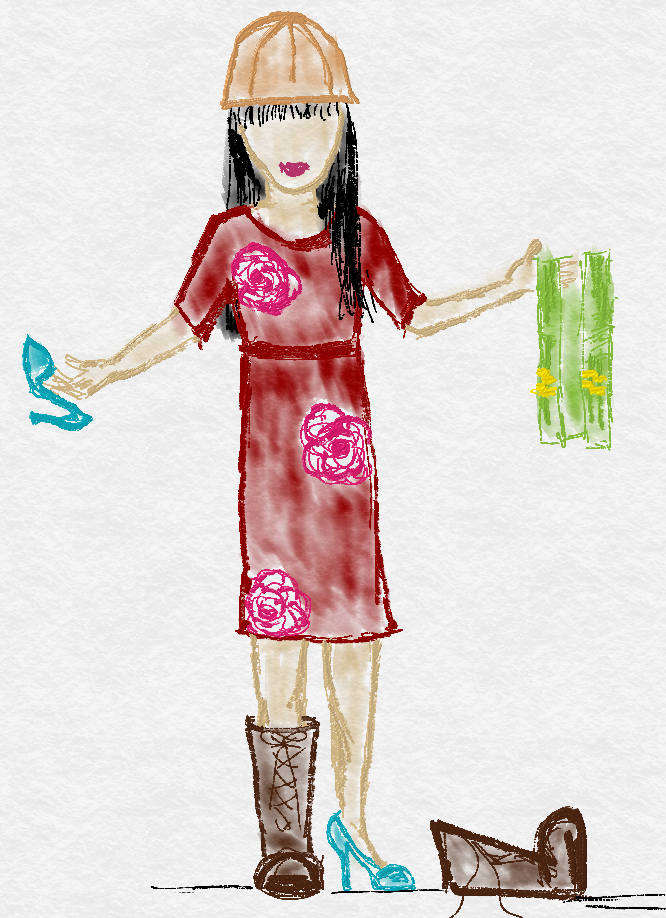sister bonds
United We Rock
Weaving Bonds That Don’t Break
Family vacations in my childhood were spent in many different locations. The agendas were varied, the adventures were comical, (including the Exploding Station Wagon Incident of ’78), and the sibling bickering was typical. But the one constant among all the excursions was the inclusion of a visit to a historic site somewhere along the way. Civil war battlefields, aircraft carriers, forts, and so very many cannons – we saw it all.
This thread of military history also invaded our family dinners, our discussions on long car rides, and our family movie nights. I swear the soundtrack of my childhood has the low drone of a B1 bomber somewhere in the background.
Every member of my family loved these stories and artifacts of past conflicts…except me. I longed for a visit to whatever mall we were near or an overnight backpacking trip in the local state park. Mostly what I took away from the endless parade of war movies was that they wore great clothes in the 1940s, and the men who fight in wars are really, really young.
However, one fact did embed itself in my brain despite my aversion to all things war. My dad spent an evening explaining the Battle of Culloden to me one night after I mentioned all the really gorgeous plaids in Great Britain. He explained that the Scottish clans weren’t allowed to wear their clan plaids after they were defeated at Culloden. The British cemented their victory by removing the clans’ pride and identities. He also said that one of the main reasons the Scots lost the battle, in addition to being outnumbered and underequipped, was that they spent so much time fighting with each other that they did not present a united front against the British. They beat themselves by putting their individual clan goals above the goals of the country.
That problem from almost 300 years ago is something I observe today as women continue to struggle for equality. We repeatedly state that we must work together, we must unite. But unity is hard. And I believe this is one area where we need to look to ourselves to fix some of the problems that undermine our success.
As women, we have a tendency to be defensive about what we do to the detriment of women in other life roles. Professional women, particularly those of us in male-dominated fields, will scoff at women in “fluffy” positions like actresses and models. We don’t admit it, but we all have made some sort of comment about full-time moms, something along the lines of, “Wouldn’t it be great to only have to worry about taking care of the house and the kids?” And we pity women in unskilled positions – waitresses, retail salespeople – without having any idea of the quality of their lives and without valuing their contributions to society. The women in those categories make similar comments about professional women: “Oh, good for her that she has her career, but she doesn’t have much of a family life, does she?”
We actually have no right to stereotype, pigeonhole, or downplay the lives of women in other roles. Are they happy? Are we? Don’t we need all sorts of people in all sorts of roles to have a well-developed society? But women have spent so many centuries fighting for the few tiny crumbs available that would allow them control over their own lives that we view each other as adversaries. Instead of saying, “Good for her. She has made millions of dollars contributing to the arts and entertaining people as an actress, and now she can feed her family and send her kids to college,” we say, “Yeah, must be nice to just wear a bunch of gorgeous clothes and act in a movie and give interviews and make all that money.” Instead of saying, “I’m so glad she is able to make the most of her abilities and care for her family to the fullest extent possible,” we say, “Can you believe she gets to watch daytime TV and go to the grocery before 5:00?”
The bottom line is that no life path is better or more worthy than another. We should be taken seriously no matter what we choose to do. Unfortunately, history has dictated that women have not had a choice in the past. Now that we (mostly) do, we are insecure and self-conscious about the choices we make. We express that insecurity by denigrating those who didn’t choose our path.
In order to reinforce the worth of our choices, we have to support each other. I don’t mean we have to support each other as women in male-dominated fields. I mean we have to support all women. Every path is valid or none are.
The ladies in Hollywood have the right idea. Reese Witherspoon just started a production company intended to celebrate the triumphs and issues of women. Instead of saying, “Ugh, of course, she has the money to,” how about if we use that momentum? No, we don’t agree with unrealistic body types and some of the other unhealthy perceptions perpetuated by the media. But we are 51% of the population. If we take control of the conversation, and say, “Good for her – she commanded a big salary. Wow, I’m impressed – she’s getting people to read by starting a book club. Way to go – she had the initiative to start her own fashion line using regional textiles and labor,” we could shift the emphasis away from the freakish body types and onto the accomplishments of these high profile women. And if we refocus the spotlight onto these achievements, the light will shine on lots of other women in a wide spectrum of efforts.
The bottom line is that we need to stop whining. To be in charge, we need to stop talking about what should be done or complaining about what we don’t have and start trumpeting what we have and who we are. We need to celebrate our sisters.
The biggest challenge to this task will be to have disagreements without splintering apart like the Scots did. We must be able to argue and hash things out and hear differing opinions. Our country just experienced a big upheaval, and the most pronounced side effect has been the mean, ugly bitterness between friends and family. This is the way of failure. Just like if a family has to make a decision about sending mom to a nursing home, there will be differing opinions, and emotions will run high. But everyone has the same goal; mom’s best interests. Similarly, we all want women to move forward to an equal place in society. We need to weave bonds that can’t be broken as we shape ourselves into something new.



